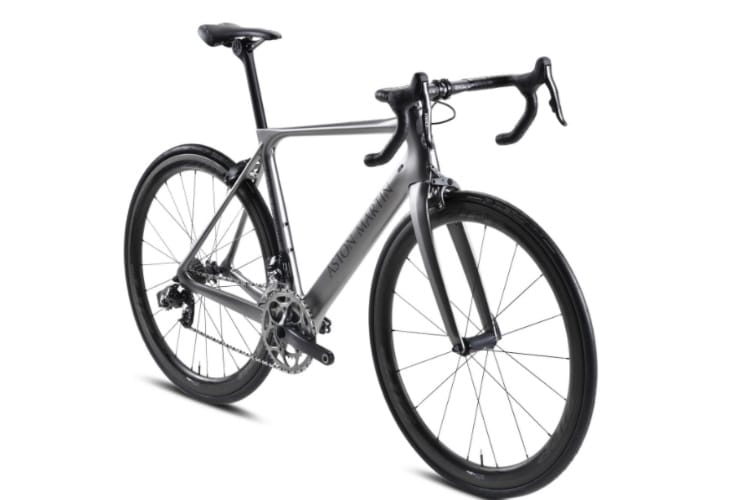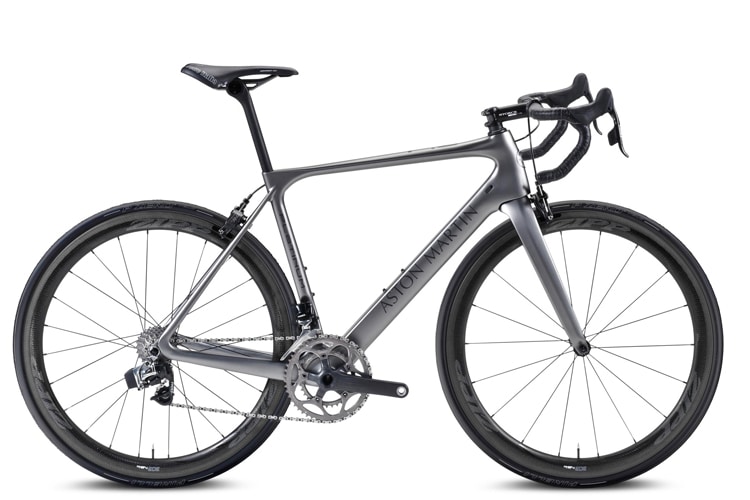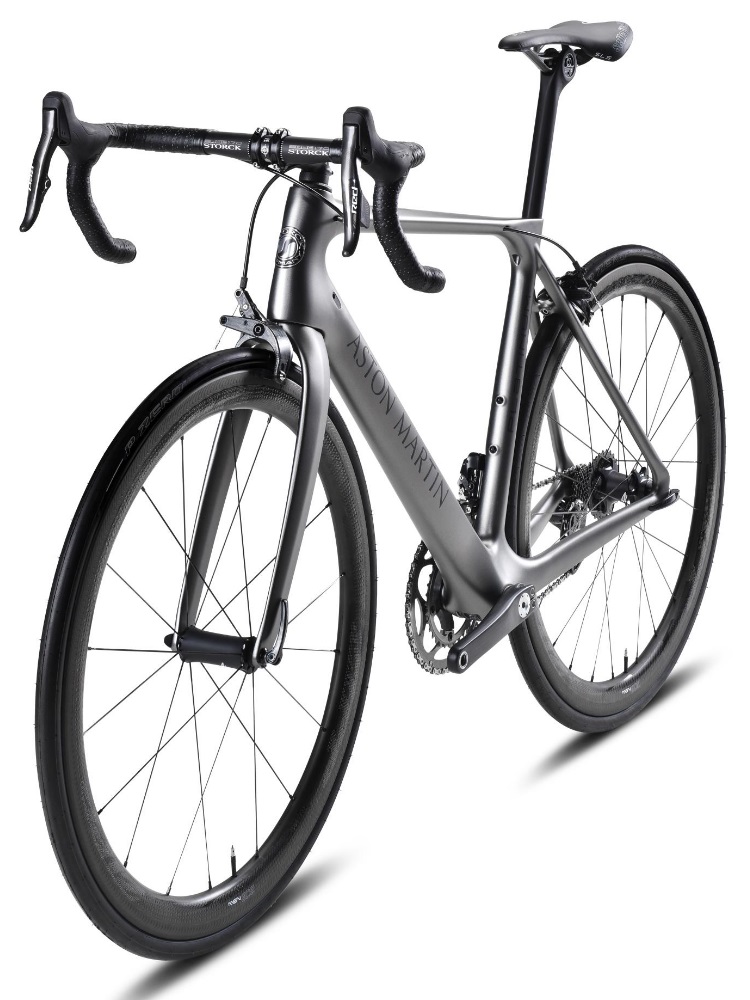I can't begin to count how many times I've seen people riding bikes with quick release levers that were twisted shut without engaging the cam. Or racks, fenders or other accessories or parts that were just a bump away from falling off the bike--or into the wheel. Or, worse yet (for anyone who's not riding on a velodrome), brakes that are improperly set up or adjusted.
Recycle Bicycle Harrisburg also provides other valuable resources for halfway house residents. For one thing, they can perform their prescribed community service by volunteering in the shop. And for those who are trying to build up their resumes, that work counts as experience. And Willard is willing to provide them with a reference, which nearly all of them need.
Now I've seen all sorts of other problems on peoples' bikes, such as rusty chains and soft or flat tires. But the other problems I've mentioned can result in accidents and injuries.
Ross Willard understands this. About 15 years ago, when the retired railroad executive was volunteering with a food program, he noticed children riding bicycles with brakes that didn't work. The Harrisburg, Pennsylvania resident then started to fix bikes on street corners, at community events and in other venues, using tools he kept in the back seat of his car.
 |
| Ross Willard |
That toolbox in which he kept his wares became "a bigger toolbox", then "the van, the trailer and the warehouse". The enterprise he couldn't contain would become Recycle Bicycle Harrisburg, which opened its first shop ten years ago. He, the founder, still serves as its "chief mechanical officer." And he operates a bicycle collection point, repair facility and teaching center for repair and maintenance.
Recycle Bicycle Harrisburg has a "do it yourself" philosophy, according to Willard. There is no charge for any repair, or even a bike, but visitors (except for very young children) are expected to make their own repairs, with the assistance of volunteers. And people can take bikes in exchange for helping with repairs or other shop work.
He sees an irony in all of this. "In a sense, it's socialism," he says. "I don't own the bikes....the people own the bikes." That ethos, however, developed out of a sense of personal responsibility bordering on libertarianism that was inculcated in him by his parents. "If you see something that needs to be done, don't call the government. Go fix it," he says. "And that's what we do."
He started fixing bikes for kids because he saw how important they are to young peoples' sense of well-being. "The bicycle is freedom," he explains. "The kids need bikes to see the world."
The same could be said for adults and bicycles. In particular, Willard's organization has another "target audience" in addition to children: residents of halfway houses. A prison guard from Willard's church told him about the needs of those recently released from jail and prison. Among them is transportation--to and from job interviews, work, group meetings and other required programs. Most cannot afford a car; even those who can might have trouble paying for gas and insurance. Also, "if you give them a car and the computer dies, they have gpt to pay somebody" to fix it, Willard notes. But they can bring their bikes to Willard's shop as necessary.
Recycle Bicycle Harrisburg also provides other valuable resources for halfway house residents. For one thing, they can perform their prescribed community service by volunteering in the shop. And for those who are trying to build up their resumes, that work counts as experience. And Willard is willing to provide them with a reference, which nearly all of them need.
On top of everything else, the halfway house residents experience, like the rest of us, freedom while riding a bicycle--though they, having been incarcerated, might feel it even more intensely. Also, for some of them, daily or several-times-a-week bike rides are the first regular exercise they've had for years, or ever.
For what he has brought to his community, parolees, kids and other residents of Harrisburg have affectionately dubbed him "Mr. Bicycle".





